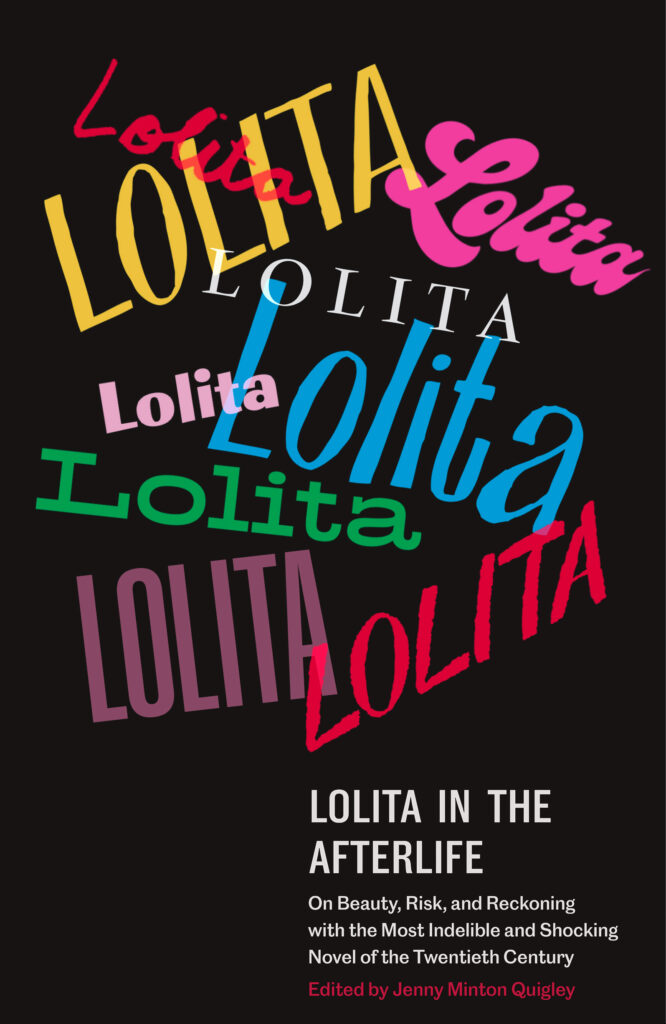By RAVI SHANKAR
1.
Tomorrow is Amma’s seventieth birthday, and I’m wondering what to buy her. She’s told me that the only thing she wants from her children is a new toilet seat, a pair of sensible black shoes, or a replacement floormat for her decade-old Honda Civic. None of these gifts seem particularly appropriate to such a consequential birthday, but then again, Amma has always been practical. When she tells the story of her arranged marriage to my father at nineteen, a decade younger than this man she had only met once before, she recalls bringing a griddle and leaving behind stamp albums as she embarked upon a permanent journey from her home in Coimbatore, South India, to Northern Virginia.












